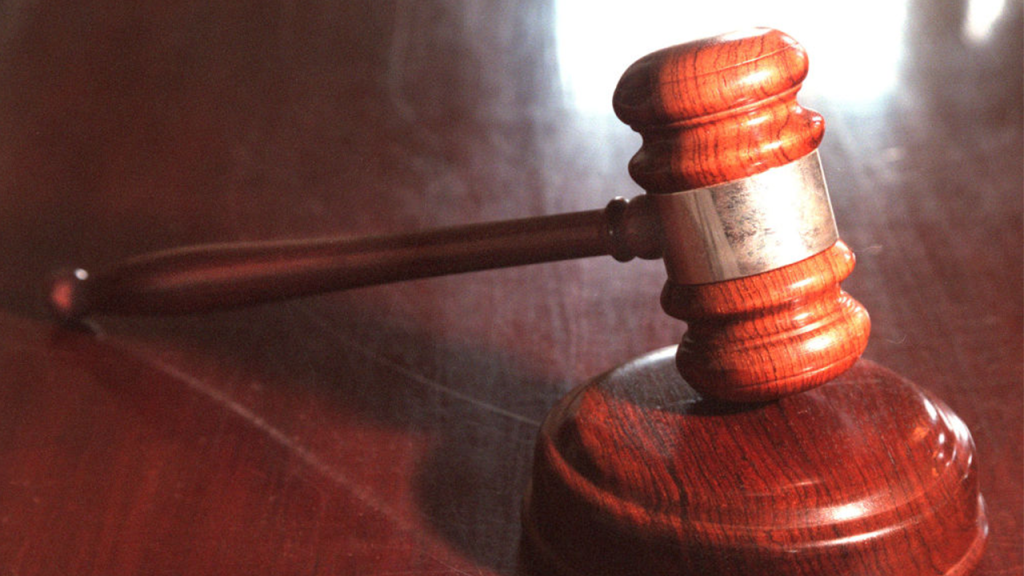A federal appeals court ruled that a Catholic school in North Carolina was legally allowed to fire a gay teacher who had announced his marriage to another man on social media a decade prior. The ruling reversed a previous decision that stated the school had violated the teacher’s federal employment protections against sex discrimination. The school argued that the teacher was not brought back as a substitute teacher due to his advocacy for a position that conflicted with the church’s teachings on marriage. The court ruled that the teacher fell under a “ministerial exception” to Title VII that protects religious institutions in how they treat employees who perform tasks central to their religious mission.
The teacher, Lonnie Billard, had worked at Charlotte Catholic High School for a decade before not being brought back as a substitute teacher in 2012. The school argued that teachers were expected to integrate faith throughout the curriculum, and the teacher’s role in the school’s religious mission was central to that expectation. Billard challenged his termination in 2017, leading to the recent appeals court ruling. The court recognized that seemingly secular tasks like teaching English and drama may still be imbued with religious significance, falling under the ministerial exception.
The ruling was met with both praise and criticism from different groups. The American Civil Liberties Union and a Charlotte law firm representing Billard decried the decision, stating that it threatened to infringe on the rights of LGBTQ+ workers by widening loopholes that employers could use to fire individuals for discriminatory reasons. On the other hand, an attorney for a group defending the Charlotte diocese hailed the ruling as a victory for the freedom of all faiths to pass on their beliefs to the next generation. The Becket Fund for Religious Liberty emphasized that Catholic schools have the freedom to choose teachers who align with Catholic teaching.
The case sparked interest from various parties, with attorneys general from nearly 20 Democrat-leaning states and lawyers from Christian denominations and schools filing briefs in the case. The ruling touches on significant issues surrounding employment protections for LGBTQ+ individuals and the extent to which religious institutions can make decisions based on their beliefs. While the decision may be disheartening for the teacher involved, it sets a precedent for how courts may interpret the balance between religious freedom and anti-discrimination protections in the future.
The court’s decision is in line with a Supreme Court ruling from 2020 that found Title VII to protect workers who were terminated for being gay or transgender. The ministerial exception, stemming from the First Amendment, allows religious institutions to make decisions about employees central to their religious mission. While there was debate among the circuit judges about the use of this exemption in the case, the majority agreed that it applied to the teacher’s situation at Charlotte Catholic. The case raises important questions about the intersection of religious freedom, workplace rights, and LGBTQ+ rights in the context of educational institutions like schools.


